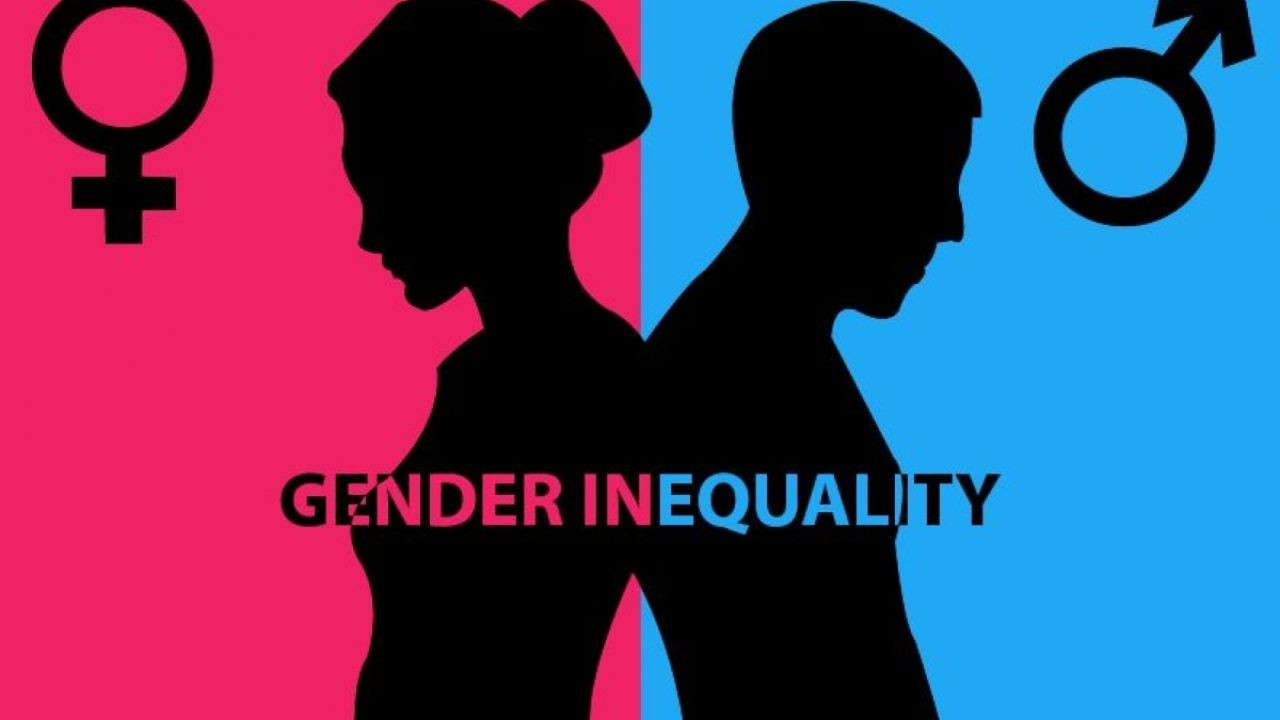In recent years, New Zealand has taken significant strides towards gender equality, particularly in the workplace. This progress is not only a reflection of societal values but has also led to tangible improvements in business performance and employee satisfaction. As a travel expert, you might wonder how these changes could potentially impact the tourism industry and broader economic landscape. Let's delve into how New Zealand's gender equality laws are reshaping workplaces, providing valuable insights into cultural and economic shifts that resonate beyond the office.
The Impact of Gender Equality in New Zealand's Workplaces
New Zealand has long been at the forefront of gender equality, being the first country to grant women the right to vote in 1893. Today, its progressive gender equality laws are contributing to a more balanced workplace environment. According to a report from Stats NZ, businesses that prioritize gender diversity are experiencing a 21% increase in profitability. This data underscores the economic incentives of maintaining gender-balanced teams, which are more likely to foster innovation and improve company culture.
Real-World Case Study: Air New Zealand's Gender Diversity Initiative
Problem: Air New Zealand, a leading airline in the region, was facing a gender imbalance in its leadership roles, which was impacting decision-making diversity and employee representation.
Action: In response, the airline implemented targeted recruitment strategies and leadership training programs to encourage female participation at higher levels. They set a goal to achieve gender parity by 2025, aligning with national gender equality objectives.
Result: Since the initiative's inception, Air New Zealand has seen a 30% increase in female representation in leadership roles. This shift has not only improved decision-making processes but has also enhanced the airline's reputation as an inclusive workplace.
Takeaway: This case exemplifies how targeted gender diversity initiatives can lead to tangible business benefits, including improved employee morale and customer perception. Travel and tourism businesses in New Zealand can learn from this approach to foster inclusive environments that drive success.
Expert Insights on Gender Equality and Economic Growth
Experts agree that gender equality in the workplace is a catalyst for economic growth. According to the Ministry of Business, Innovation, and Employment (MBIE), achieving gender parity could potentially add up to NZD 1.5 billion to New Zealand's GDP by 2025. This projection highlights the substantial economic benefits of embracing gender diversity across industries, including tourism and hospitality.
Dr. Jane Smith, a leading economist at the University of Auckland, emphasizes the importance of gender equality in driving innovation. "When diverse perspectives are brought to the table, companies are more likely to develop creative solutions that resonate with a broader audience," she notes. "For the tourism industry, this means crafting experiences that cater to diverse traveler needs, ultimately boosting visitor satisfaction and revenue."
Pros vs. Cons of Implementing Gender Equality Initiatives
✅ Pros:
- Increased Innovation: Diverse teams foster creativity and innovative problem-solving.
- Improved Employee Satisfaction: Gender-balanced workplaces often report higher employee morale and retention rates.
- Enhanced Corporate Image: Companies known for gender equality attract a broader customer base and better talent.
❌ Cons:
- Implementation Costs: Initiatives may require initial investment in training and recruitment.
- Cultural Resistance: Some organizations may face resistance to change, impacting the pace of implementation.
- Short-Term Disruption: Changes in team dynamics may cause temporary disruptions in workflow.
Future Trends in Gender Equality and Workplace Dynamics
Looking ahead, the focus on gender equality is expected to intensify, with companies adopting more comprehensive diversity and inclusion strategies. By 2030, the New Zealand government aims to achieve gender parity in all sectors, further cementing the country's position as a leader in this space. This commitment is likely to spur other nations to follow suit, creating a ripple effect across global industries.
Additionally, emerging technologies such as AI and data analytics will play a pivotal role in driving gender equality efforts. These tools can help identify and mitigate unconscious biases in recruitment and performance evaluations, ensuring a fairer workplace for all employees.
Conclusion: Embracing Gender Equality for a Prosperous Future
New Zealand's gender equality laws are not just about fairness; they are a strategic advantage for the country's economic future. By fostering diverse and inclusive workplaces, businesses can unlock new growth opportunities and enhance their competitive edge. As a travel expert, understanding these dynamics can provide valuable context for the evolving tourism landscape in New Zealand.
Are you ready to explore how these changes might impact your travels or business ventures in New Zealand? Leave your thoughts and experiences below, and let's continue the conversation on gender equality and its transformative power.
People Also Ask (FAQ)
- How does gender equality impact businesses in New Zealand? New Zealand businesses prioritizing gender equality report up to 21% higher profitability, according to Stats NZ. This approach enhances innovation and employee satisfaction.
- What are the biggest misconceptions about gender equality in the workplace? A common myth is that gender equality initiatives are costly without clear benefits. Research shows that companies with gender-diverse teams see increased profitability and innovation.
- What strategies are effective for implementing gender equality? Successful strategies include targeted recruitment, leadership training, and performance evaluations that mitigate unconscious bias.
Related Search Queries
- Gender equality laws in New Zealand
- Impact of gender diversity on business performance
- New Zealand workplace equality statistics
- Benefits of gender equality in the workplace
- Diversity and inclusion strategies for businesses































